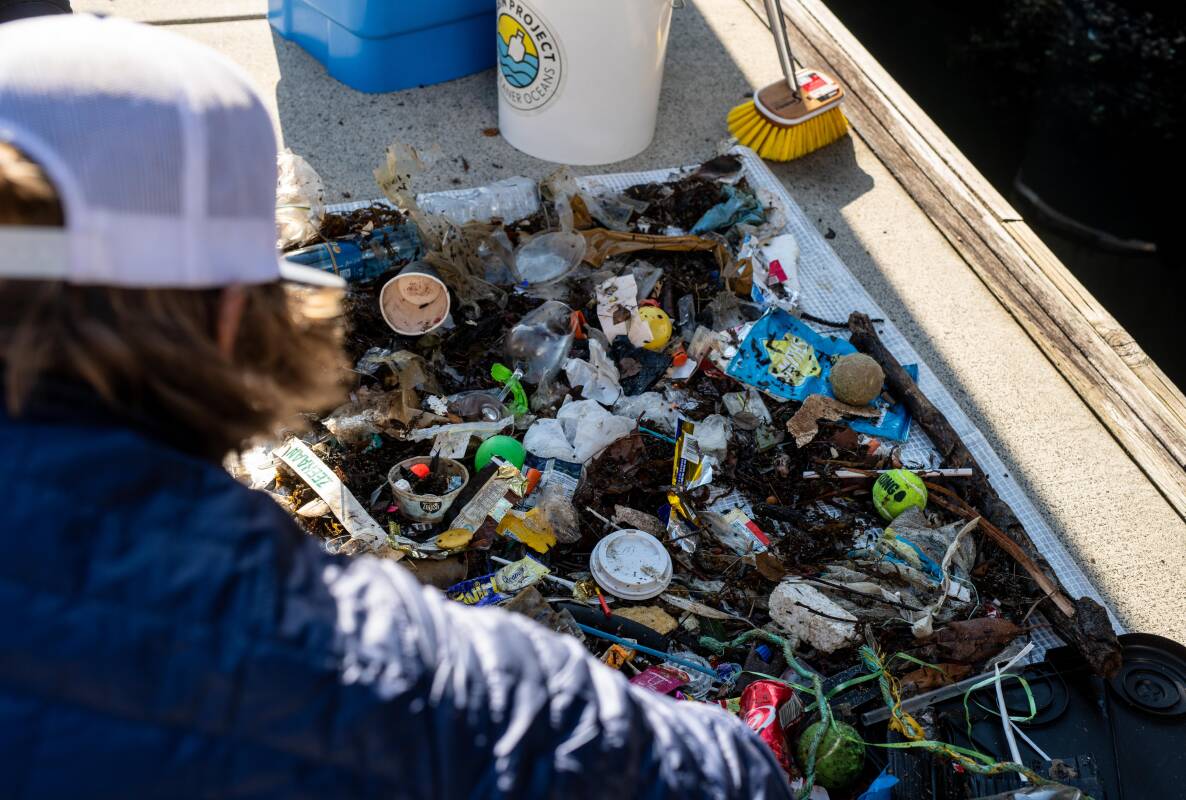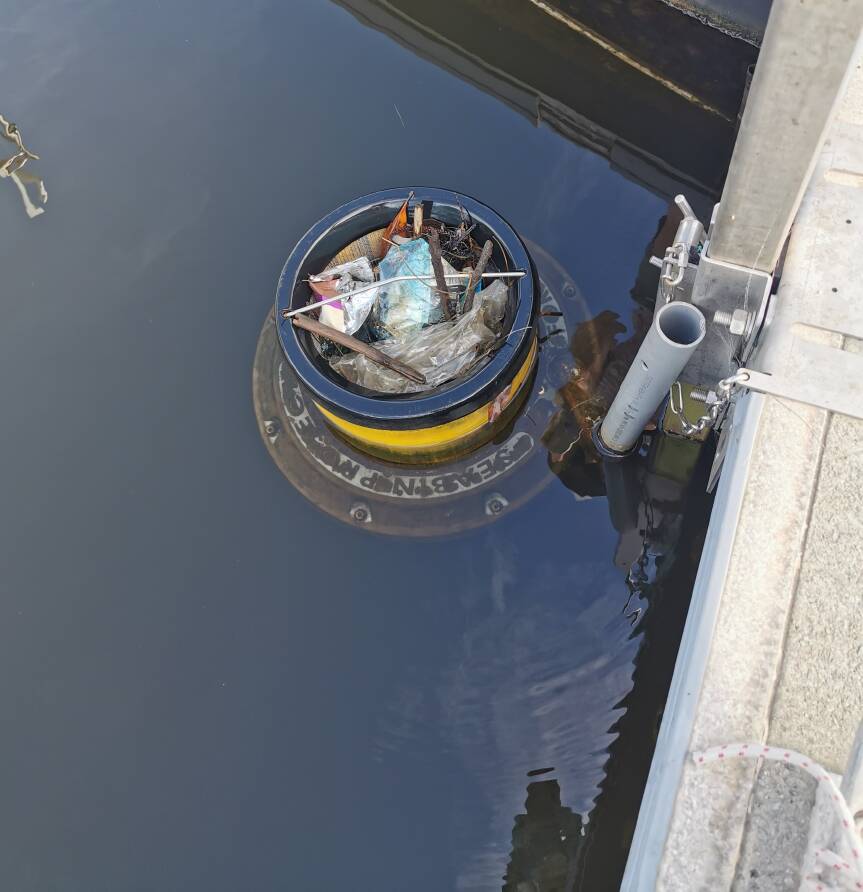
A SECOND Seabin is fighting marine pollution in Newcastle harbour, with the first unit picking up more than half a tonne of litter since December.
Described by data and program manager Solomon Wadani as "a mix between a pool skimmer and a trash can", Seabin units use the water's surface tension, and small pump, to filter around 600,000 litres of water a day.
"If you can imagine putting an empty cup just underneath the surface and watching water be pulled in. That's the kind of action the Seabin works on," Mr Wadani said.
"With the pump, the unit can pull the top two centimetres of water within a six metre radius through its catch basket.
"In the base of the catch net there is an absorbent pad to soak up oils and fuels in the water."
The Seabins are emptied and litter data is collected largely on a volunteer basis.
Mr Wadani said Newcastle's daily average of 4.4kg of litter per unit was "slightly higher" than the average of 3.9kg across their 1200 units worldwide. However, he said, this could be for a range of reason including recent weather and location of the units.

With the second Seabin installed on April 14, both units are strategically placed at Newcastle Cruising Yacht Club (NCYC) where litter from the harbour and Throsby Creek accumulates.
NCYC marina coordinator Matt Williams said members and staff are all "onboard" with the Seabin concept.
"Everyone really loves what the Seabins are doing and it's a really great opportunity to take advantage of the marina as a catchment for litter," Mr Williams said.
"Anyone who utilises the ocean is there because they enjoy the natural beauty and cleanliness is their priority.
"I can't speak highly enough of the work Solomon and the team from Seabin are doing."
Education and exposure around marine pollution, which stems from the presence of the Seabins, means the project's benefits go beyond "just removing rubbish" according to Mr Williams.
The Seabin team run workshops and data sessions to inform the public about changes they can make in their "day to do lives to reduce single-use plastics".
These education sessions, and the installation of the Seabins, are part of a litter prevention campaign backed by a grant from the Newcastle Ports Community Contribution Fund.
While a significant portion of the litter collected is organic matter, drink bottles and takeaway containers, Solomon Wadani said microplastics and plastic fibres present a large health risk to marine life and humans.
"Some research suggests we are ingesting about a credit cards worth of plastics per week and the way that usually happens is through the consumption of seafood," Mr Solomon said.
"This occurs through bioaccumulation. When microplastics enter the food chain early, in things like plankton, we see the exponential growth of microplastics in the higher trophic species."







